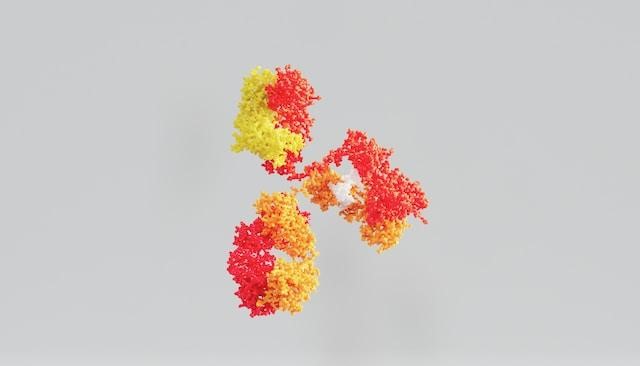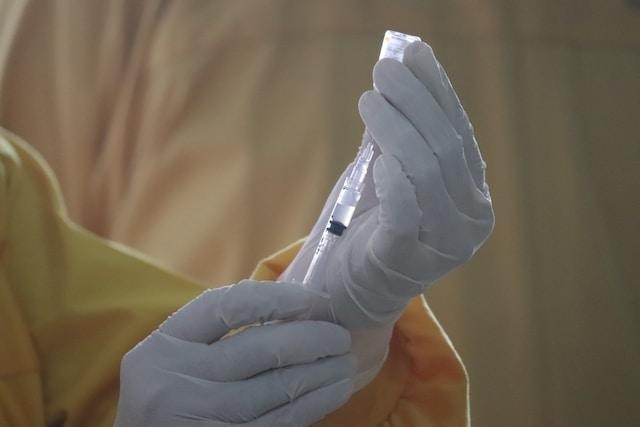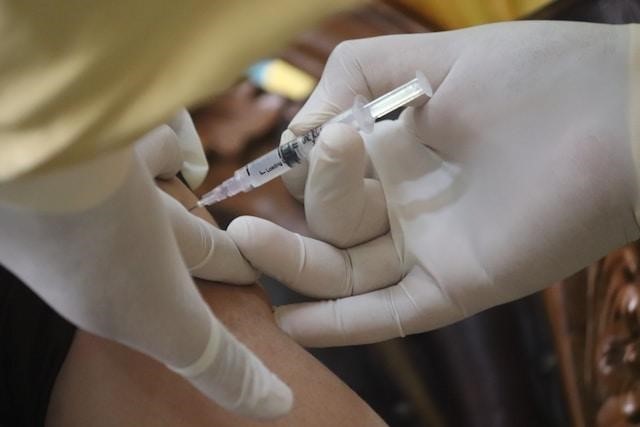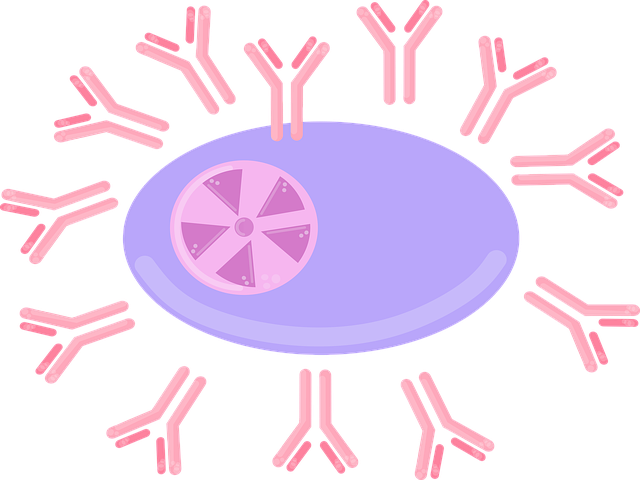Antibodies are the human body’s first line of defense against disease-causing pathogen invasions. The first historical mention of antibodies in the late 1800s was an animal study and entailed serum transfer among animals to cure and prevent diseases.
However, antibody research has come a long way from serum therapy. Moreover, research into antibody molecules and their physical characteristics extends beyond immunology into multiple medical science subfields.
Recombinant antibody production, mainly antibody customization, is to thank for the antibody-dependent medical advances. Antibody customization powers medical science by allowing researchers to dig deeper into antibodies’ potential, including generating novel antibodies. Keep reading to learn how customized antibodies help shape the medical science field.
1. Diagnostics
Diagnostics is a medical sub-field entailing establishing the nature of a disease or health condition. It is a multi-step process that covers everything from a patient’s medical history and a physical exam for a differential/ provisional diagnosis to tests like anatomical pathology and imaging.
Although diagnostics is a crucial medical science element, it is not error-free. While inaccurate diagnosis incidences are challenging to study, one review suggests that a wrong diagnosis is likely to occur 10%-15% of the time.
Precise medical diagnosis is necessary to help enhance patients’ therapeutic benefits. Custom antibody production is among the tools medical science is exploring techniques to improve medical diagnostics by enhancing qualitative and quantitative analysis accuracy while decreasing the invasiveness of diagnostic exams.
Besides the antibody catalogs in various antibody libraries, antibody production companies facilitate custom antibody designs at affordable prices. Such custom antibodies advance medical diagnostics through their applications in diagnostic techniques like enzyme assays and medical imaging.
Antibodies are specific, allowing their use to detect targeted proteins in biological matter in diagnostic test kits that rely on enzyme assays. Monoclonal and polyclonal antibody customization can include modification to enhance the antibody’s specificity for more precise results.
On the other hand, custom antibodies can function as tracers for molecular imaging to track disease development with precise anatomical detail.
Customized antibodies can track cell processes like inflammation, apoptosis, hypoxia, vascular leakage, and extracellular matrix transition when used in molecular imaging as radiolabeled molecules for PET and SPECT scans. Moreover, they can function as fluorophores for molecular imaging via fluoroscopy.
 2. Therapeutics
2. Therapeutics
Therapeutics is a branch of medical science that treats diseases to facilitate healing or alleviate symptoms. Although therapeutics is a broad medical research and application field, custom antibody use in disease treatment is the next frontier for therapeutics.
As previously highlighted, antibody molecules have high bonding specificity. Therefore, their application in therapeutics entails interaction with targeted disease-related molecules to induce desirable physical processes with precision.
For example, custom antibodies that induce programmed cell death or apoptosis are the main subject of cancer medical research. Additionally, custom antibodies may facilitate cell necroptosis or cell death independent of caspase enzymes (enzymes that induce and regulate cell apoptosis).
Besides cell death, another antibody-enabled element in cancer therapeutics is immune surveillance against tumors. Also, while cancer is the dominant subject in antibody therapeutics, therapeutic antibodies have applications in some inflammation and infectious diseases.
3. Drug Delivery
Custom antibodies are crucial in drug delivery research, providing viable solutions against the shortcomings of small molecule drug delivery systems. Below is an overview of how antibody-mediated drug delivery systems enhance medical science.
First, unlike small molecule drugs, antibody-drug conjugates have high specificity, giving them the advantage of selectivity. Therefore, the conjugates deliver therapeutic drugs to targeted sites with enhanced precision, enhancing overall drug effectiveness by lowering systemic drug distribution. A lower systemic drug distribution translates into a higher drug potency or bioavailability.
Second, the high drug bioavailability synonymous with antibody-drug conjugates eliminates the need for nanocarriers. While nanocarriers or nanoparticle drug delivery systems increase drug bioavailability and facilitate controlled drug release into the system, they have an inherent particle aggregation risk.
Nanoparticle drug delivery systems typically feature metals, carbon, polymers, and other materials that may accumulate and cause toxicity to the body. In contrast, antibody-drug conjugates are biological and disintegrate at similar rates to endogenous protein molecules, causing zero toxicity.

4. Antibody Drug Discovery
Drug discovery is how researchers explore and identify potential therapeutic agents. While phytochemicals (plant-based chemicals) and inorganic substances have dominated drug discovery for centuries, antibodies currently feature among the potential therapeutic agents considered during drug discovery. The advantages of antibody drugs include those of antibody-drug conjugates.
Antibody-drug discovery entails screening antibodies from libraries to establish those molecules with desirable biological activity, including affinity, stability, selectivity, and functionality, to interact with target molecules.
Custom antibody production can help modify existing antibodies to generate novel drugs with desirable characteristics. Even so, an antibody-drug must undergo all testing stages, from experimental to clinical, before qualifying for FDA approval.
 5. Peptide Vaccines
5. Peptide Vaccines
Custom antibody production laid the foundation for the development of recombinant peptide vaccines. Peptide vaccines typically feature smaller antibody fragments like the paratope rather than the whole antibody sequences.
Their advantages in medical science include a laser-focused response. Additionally, chemical conjugation of peptide vaccines increases their half-life by countering their degradation, rendering the vaccine more effective.
Conclusion:
Customized antibodies are revolutionizing medical science one sub-field at a time by allowing researchers to tap deeper into antibody potential. The antibody-based medical advances highlighted above are but a sneak peek into the world of customized antibodies. So contact a trusted custom antibody production company to learn more about such antibodies and medical advances.







